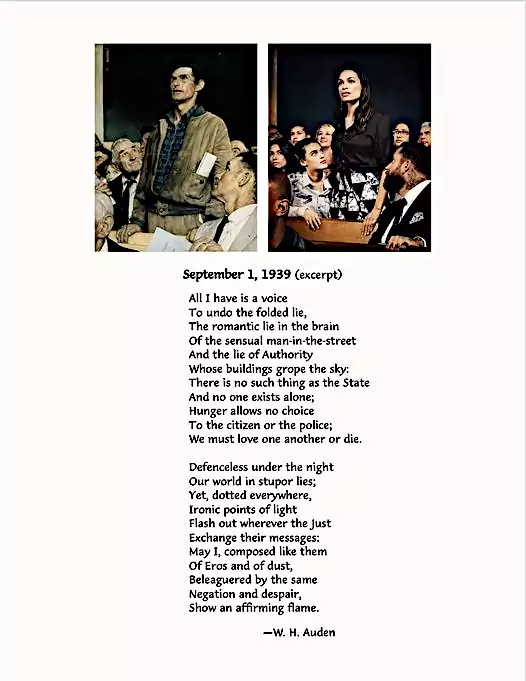Vladimir Putin has been preparing for war for a very long time. This website, and every website in the world, is under constant attack. The majority of the attacks appear to be from sources either based in Russia, or from countries closely aligned with Russia.
I don’t want to overstate this. These attacks are not high level, highly technical and concerted attacks. For the most part the attacks are nothing more than a minor annoyance. But hosting a website has given me a specific lens on Russian strategy. I can read in the logs that Russia has been preparing for war for a very long time.
What interest could Russia possibly have in a website with an audience of two? The answer to that question lies in what has happened in every Western democracy in the past decade. Russia has used infected servers to act as “bots” or “mules” to spread misinformation and black propaganda, as well to launch cyber-attacks.
No website is too small, or too inconsequential, to be ignored. Every server hosting content on the web is targeted and targeted repeatedly. The clear objective of Russian intelligence is to disrupt and destroy democracy everywhere, in all of it’s forms.


